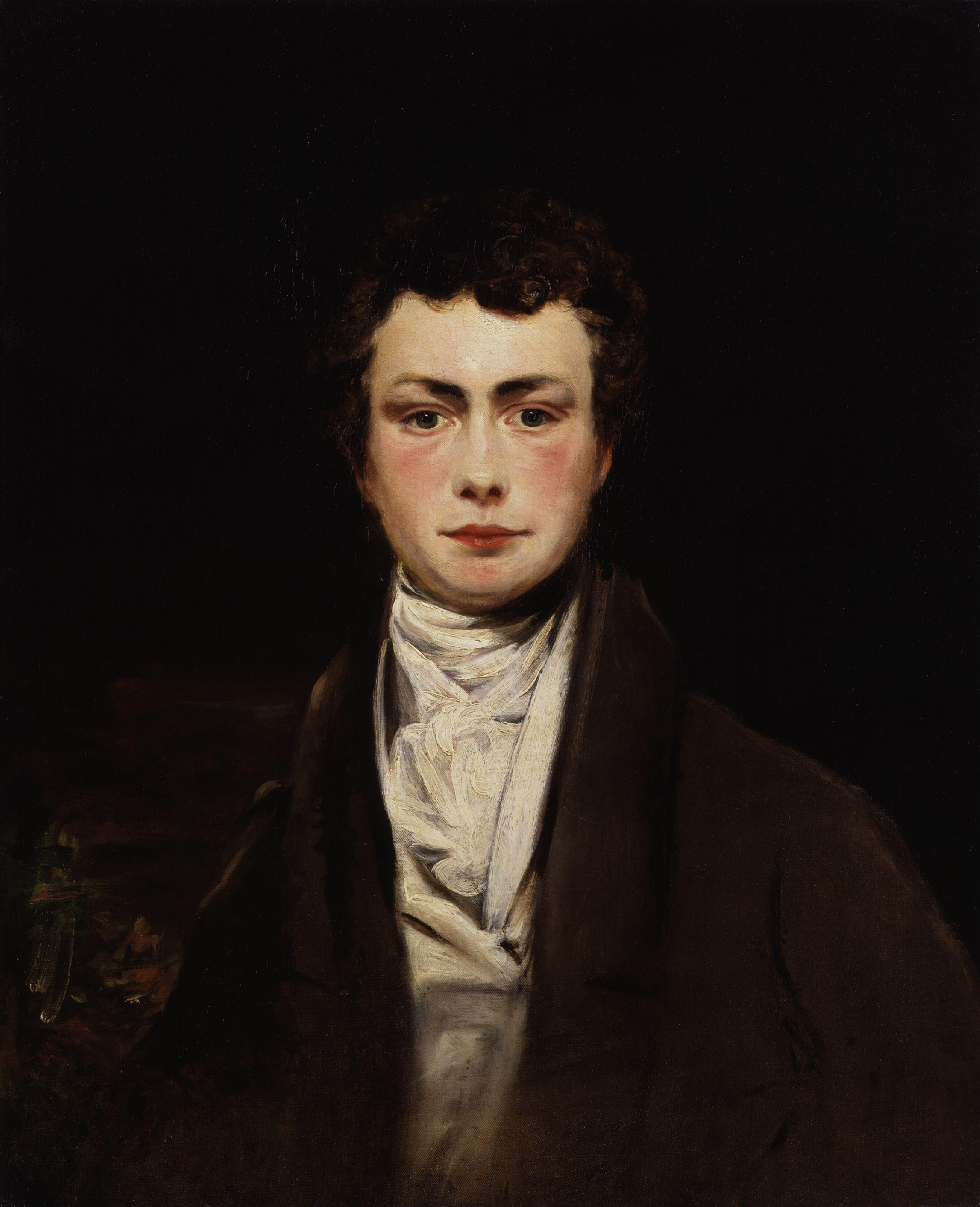Frases célebres de Thomas Moore
Thomas Moore Frases y Citas
Thomas Moore: Frases en inglés
“Sound the loud timbrel o'er Egypt's dark sea!
Jehovah has triumphed—his people are free.”
Sacred Songs, Sound the Loud Timbrel, st. 1.
“Though an angel should write, still 't is devils must print.”
The Fudges in England, Letter iii.
Bartlett's Familiar Quotations, 10th ed. (1919)
“I know not, I ask not, if guilt 's in that heart,
I but know that I love thee whatever thou art.”
Come, rest in this Bosom.
Bartlett's Familiar Quotations, 10th ed. (1919)
On the Entry of the Austrians into Naples (1821).
Bartlett's Familiar Quotations, 10th ed. (1919)
“Beholding heaven, and feeling hell.”
Lalla Rookh http://www.columbia.edu/itc/mealac/pritchett/00generallinks/lallarookh/index.html (1817), Part V-VIII: The Fire-Worshippers
“Oh, weep for the hour
When to Eveleen's bower
The lord of the valley with false vows came.”
Eveleen's Bower.
Bartlett's Familiar Quotations, 10th ed. (1919)
“To live and die in scenes like this,
With some we 've left behind us.”
As slow our Ship.
Bartlett's Familiar Quotations, 10th ed. (1919)
“No eye to watch, and no tongue to wound us
All earth forgot, and all heaven around us.”
Come O'er the Sea, st. 2.
Irish Melodies http://www.musicanet.org/robokopp/moore.html (1807–1834)
“And when once the young heart of a maiden is stolen,
The maiden herself will steal after it soon.”
Ill Omens.
Bartlett's Familiar Quotations, 10th ed. (1919)
“Farewell, farewell to thee, Araby's daughter!
Thus warbled a Peri beneath the dark sea.”
Lalla Rookh http://www.columbia.edu/itc/mealac/pritchett/00generallinks/lallarookh/index.html (1817), Part V-VIII: The Fire-Worshippers
“Some flow'rets of Eden ye still inherit,
But the trail of the serpent is over them all.”
Part II.
Lalla Rookh http://www.columbia.edu/itc/mealac/pritchett/00generallinks/lallarookh/index.html (1817), Part I-III: The Veiled Prophet of Khorassan
Variante: But the trail of the serpent is over them all.
“This narrow isthmus 'twixt two boundless seas,
The past, the future,—two eternities!”
Part II.
Lalla Rookh http://www.columbia.edu/itc/mealac/pritchett/00generallinks/lallarookh/index.html (1817), Part I-III: The Veiled Prophet of Khorassan
“Ask a woman's advice, and, whate'er she advise,
Do the very reverse and you're sure to be wise.”
How To Make a Good Politician.
Irish Melodies http://www.musicanet.org/robokopp/moore.html (1807–1834)
“Rich and rare were the gems she wore,
And a bright gold ring on her wand she bore.”
Rich and Rare Were the Gems She Wore, st. 1.
Irish Melodies http://www.musicanet.org/robokopp/moore.html (1807–1834)
“My only books
Were woman's looks,
And folly's all they've taught me.”
The Time I've Lost in Wooing, st. 1.
Irish Melodies http://www.musicanet.org/robokopp/moore.html (1807–1834)
“But there's nothing half so sweet in life
As love's young dream.”
Love's Young Dream', st. 1.
Irish Melodies http://www.musicanet.org/robokopp/moore.html (1807–1834)
“Row, brothers, row, the stream runs fast,
The rapids are near, and the daylight's past.”
A Canadian Boat-Song.
Bartlett's Familiar Quotations, 10th ed. (1919)
“How shall we rank thee upon glory's page,
Thou more than soldier, and just less than sage?”
To Thomas Hume.
Bartlett's Familiar Quotations, 10th ed. (1919)
“Faintly as tolls the evening chime,
Our voices keep tune and our oars keep time.”
Poems Relating to America. A Canadian Boat Song, st. 1.
“Tis the last rose of Summer,
Left blooming alone;
All her lovely companions
Are faded and gone.”
The Last Rose of Summer, st. 1.
Irish Melodies http://www.musicanet.org/robokopp/moore.html (1807–1834)
The Heart's Prayer.
Bartlett's Familiar Quotations, 10th ed. (1919)
Part II.
Lalla Rookh http://www.columbia.edu/itc/mealac/pritchett/00generallinks/lallarookh/index.html (1817), Part I-III: The Veiled Prophet of Khorassan
The Blue Stocking.
Bartlett's Familiar Quotations, 10th ed. (1919)
“When did morning ever break,
And find such beaming eyes awake?”
Fly not yet.
Bartlett's Familiar Quotations, 10th ed. (1919)
How shall I woo?
Bartlett's Familiar Quotations, 10th ed. (1919)
Believe me, if all those endearing young Charms.
Bartlett's Familiar Quotations, 10th ed. (1919)
Variante: No, the heart that has truly lov'd never forgets,
But as truly loves on to the close;
As the sunflower turns on her god when he sets
The same look which she turn'd when he rose.
'T is sweet to think.
Bartlett's Familiar Quotations, 10th ed. (1919)
The Meeting of the Waters.
Bartlett's Familiar Quotations, 10th ed. (1919)
The Minstrel Boy, st. 1.
Irish Melodies http://www.musicanet.org/robokopp/moore.html (1807–1834)
